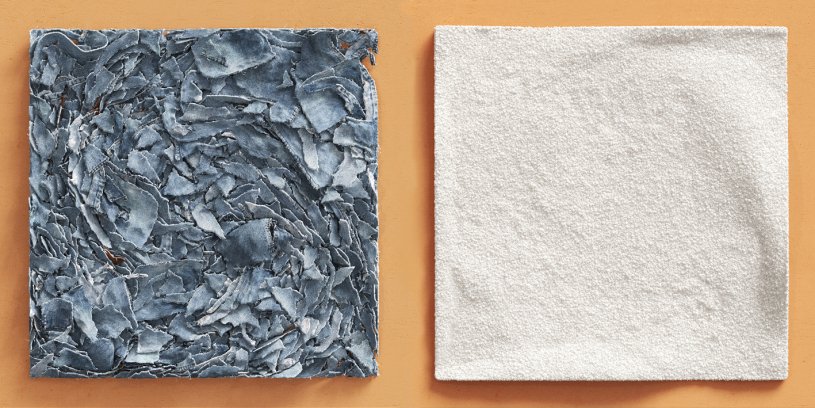Essential supplies for Circulose

Renewcell has signed multi-year purchasing agreements with three different European textile sorters — Soex in Germany, Texaid in Switzerland and Sysav in Sweden.
These companies will supply thousands of tons of textile waste each year for recycling at Renewcell’s new facility in Sundsvall in Sweden. The deliveries to Renewcell will consist of clothing and other textiles collected from consumers that it is not possible to sell second-hand.
According to the European Environment Agency (EEA), more than five million tons of textile waste are generated in Europe each year. About one-fifth of this amount is collected for some form of re-use, recycling for upholstery, insulation or rags or for export to other countries. The rest is lost in ordinary household waste and ends up either in landfill or incinerated. The issue of textile waste management is a priority within the EU, and from 2025 onwards, new mandatory requirements for separate collection and preparation for textile waste recycling will apply to all member states,” said Martin Stenfors, COO at Renewcell. “We continue to build a strong regional supplier network for textile waste fractions that are suitable for recycling with us.
“We’re delighted to be able to offer our partners a profitable and circular alternative to downcycling, incineration or landfill of textile products that can not be sold second hand. With our patented recycling process, we make it possible to create new high-quality textile raw materials made entirely from recycled textile waste for the very first time. We are proud to contribute to creating a circular economy for textiles within Europe together with Soex, Texaid and Sysav. Our joint effort scale up textile recycling is crucial for the EU to achieve the goals set for 2025.”
Renewcell’s textile recycling technology transforms a high cellulosic portion fabric into high quality recycled dissolving pulp, branded as Circulose. The process does not require any environmentally harmful chemicals and the pulp can be fed into the commercial textile production chain. Commercially active at an industrial scale since 2019, the company launched its first product in March 2020.
